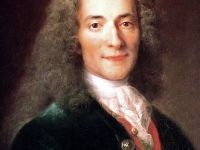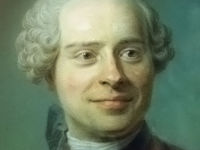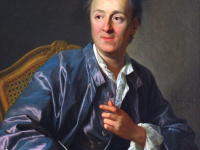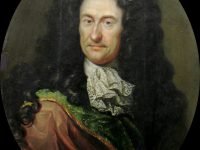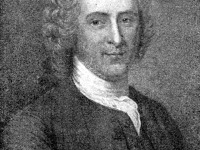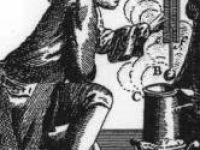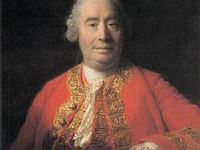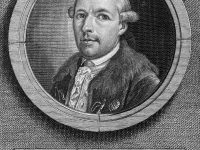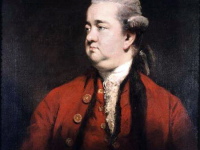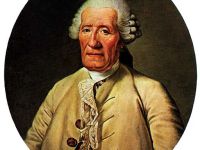Voltaire – Libertarian and Philosopher
On November 21, 1694, François-Marie Arouet was born, known by his nom de plume Voltaire, French philosopher during the Age of Enlightenment, re-known by his wits, prolific writer of novels, poems, essays, and letters, and dear friend of Prussian king Frederick the Great.[6] “We should be considerate to the living; to the dead we owe only the truth.” – Voltaire in a letter to M. de Grenonville (1719) Origin and further Troubles…
Read more

